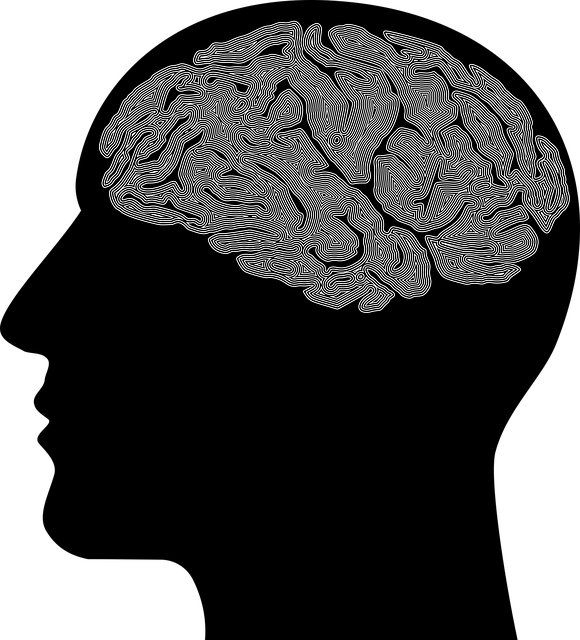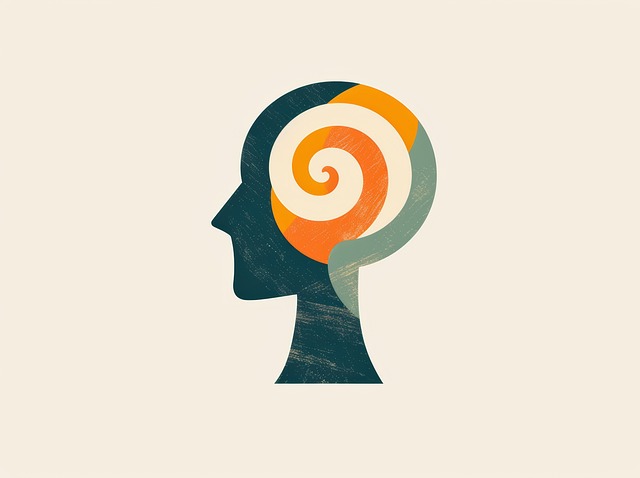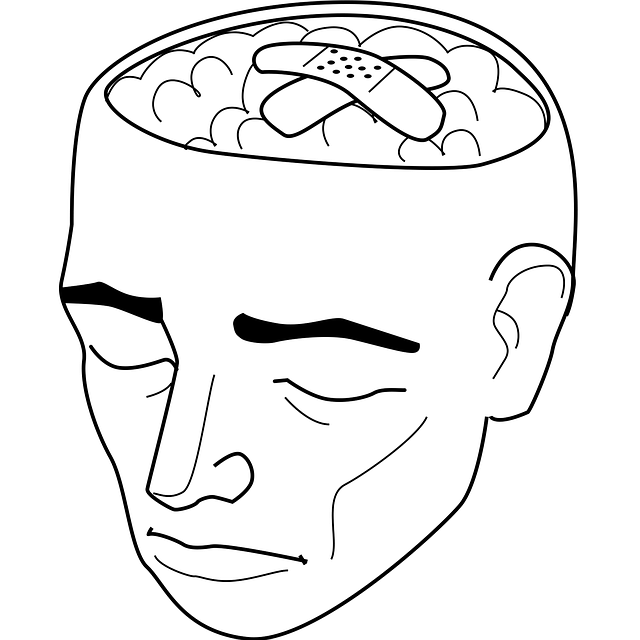Early intervention is key in treating phobias in young children through evidence-based therapy strategies like cognitive-behavioral therapy (CBT). Cultural competency training for healthcare providers enhances accessibility and effectiveness. Advocacy groups play a vital role in expanding access to therapy services, increasing awareness, and pushing for policy changes to support young minds' specific needs. Integrating tailored therapy sessions, stress management, and mental wellness programs into school curricula further empowers students with emotional coping mechanisms, promoting holistic well-being and open conversations about mental health in communities.
Mental health advocacy initiatives play a pivotal role in shaping the well-being of our youngest individuals. This article delves into three key areas where support and education can make profound differences: early intervention in phobia treatment for children, the power of advocacy groups in enhancing access to therapy services, and effective strategies for educating communities about child mental health. By exploring these aspects, we aim to shed light on the transformative potential of proactive mental health care for young children, particularly in addressing phobias.
- Unveiling the Impact of Early Intervention in Phobia Treatment for Children
- The Role of Advocacy Groups in Promoting Access to Therapy Services
- Effective Strategies for Educating Communities on Child Mental Health
Unveiling the Impact of Early Intervention in Phobia Treatment for Children

Early intervention plays a pivotal role in effectively addressing and treating phobias in young children. By implementing tailored therapy strategies at an early stage, healthcare providers can significantly alter the trajectory of a child’s mental health. One of the key advantages is fostering adaptability and resilience in young minds, enabling them to navigate and overcome fear-based responses. This proactive approach ensures that the child’s emotional development progresses unhindered by persistent phobias.
The process often involves a combination of evidence-based techniques, such as cognitive-behavioral therapy (CBT), which equips children with coping mechanisms. CBT incorporates self-awareness exercises and mental wellness journaling to help young patients understand and manage their fears. These therapeutic methods not only address the symptoms but also enhance the overall well-being of the child by promoting healthy coping strategies. Additionally, cultural competency training for healthcare providers is essential to ensure that these interventions are sensitive to diverse backgrounds, making them accessible and effective for all children.
The Role of Advocacy Groups in Promoting Access to Therapy Services

Advocacy groups play a pivotal role in promoting access to therapy services, especially for vulnerable populations like young children grappling with phobias. These organizations champion mental health awareness and work tirelessly to break down barriers that prevent children from receiving much-needed emotional support. By advocating for better resources, they ensure that therapy becomes more accessible, affordable, and tailored to the unique needs of young minds.
Through their efforts, advocacy groups shed light on the significance of early intervention in emotional regulation and inner strength development. They lobby for policies that prioritize mental health education and integrate it into mainstream healthcare systems. This approach not only facilitates the identification and management of phobias but also fosters healthy emotional healing processes in children.
Effective Strategies for Educating Communities on Child Mental Health

Mental health advocacy initiatives play a pivotal role in creating a supportive environment for young minds. When it comes to educating communities about child mental health, early intervention and prevention are key. One effective strategy is to integrate therapy sessions tailored for young children, focusing on addressing common phobias that can significantly impact their daily lives. By providing these therapeutic services, communities can ensure that children receive the necessary support at a crucial stage of development.
Additionally, incorporating stress management techniques, resilience-building activities, and mental wellness programs into school curricula can empower both students and parents. These educational initiatives equip young individuals with coping mechanisms to navigate challenges, fostering a sense of emotional well-being. Such holistic approaches not only promote mental health awareness but also create a ripple effect, encouraging open conversations about emotional well-being within the community.











